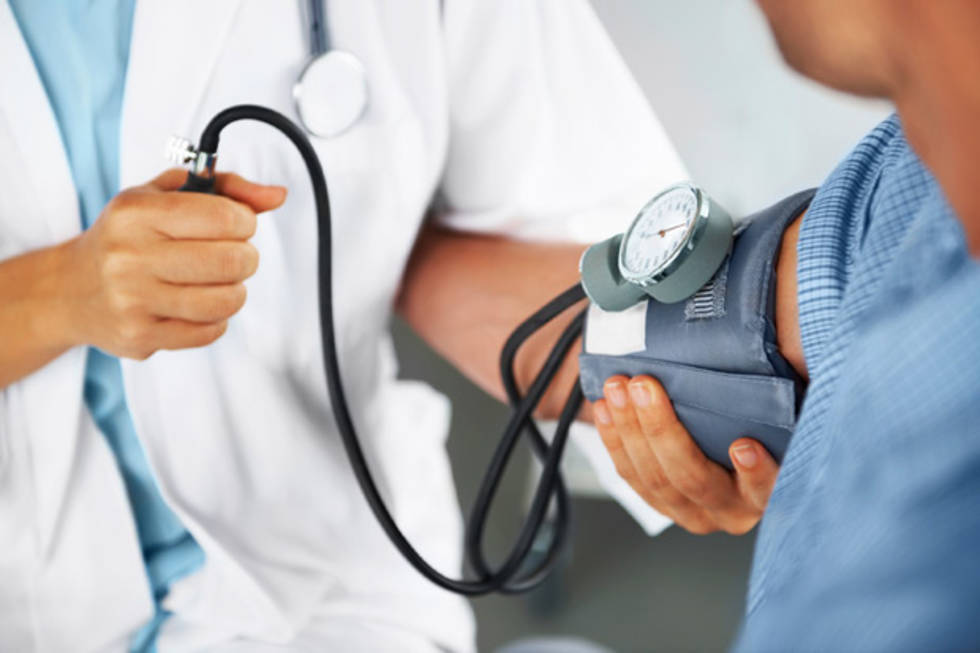Maintaining your health is a lifelong commitment, and having a yearly health checklist can help you stay on track. At NY Choice Medical, we believe that regular check-ins with your healthcare provider are essential for catching potential issues early and ensuring your overall well-being. Whether you’re focused on managing existing conditions or simply staying proactive about your health, this guide will walk you through everything you need to know about your annual wellness journey.
Why a Yearly Health Checklist Matters
A yearly health checklist is more than just a to-do list—it’s a roadmap to better health. By scheduling regular appointments and screenings, you give yourself the best chance to catch problems like high blood pressure, cholesterol, or even cancer before they become serious. The frequency of these checks depends on your age, medical history, and recommendations from your primary care provider.
At NY Choice Medical, our team of doctors, nurses, and care providers work together to ensure that each patient receives personalized attention. From answering your questions to guiding you through necessary tests, we’re here to support you every step of the way.
Key Components of Your Yearly Health Checklist
1. Annual Physical Exam
Your annual physical is the foundation of preventive healthcare. During this exam, your primary care provider will assess your overall health, including vital signs like blood pressure and heart rate. They’ll also discuss any changes in your lifestyle, medications, or symptoms you’ve noticed over the past year.
This is also an excellent time to address any concerns you may have, whether it’s related to skin changes, weight fluctuations, or general wellness. If you haven’t seen your doctor in a while, now is the perfect time to schedule this essential appointment.
2. Blood Pressure and Heart Health Checks
High blood pressure is often called the “silent killer” because it rarely shows symptoms until it causes serious damage. That’s why checking your blood pressure annually—or more frequently if you’re at risk—is crucial. Your physician will also evaluate your heart health during your physical exam, which may include listening to your heartbeat or ordering additional tests if needed.
If you’re over a certain age or have a family history of heart disease, your primary care provider may recommend more frequent monitoring or specific screenings to ensure your heart stays strong for years to come.
3. Cholesterol Screening
Cholesterol levels play a significant role in your risk for heart disease and stroke. A simple blood test can measure your cholesterol levels and help your doctor determine if you’re at risk for high cholesterol. Depending on your results, your care provider may suggest dietary changes, exercise, or medication to keep your numbers in check.
For most adults, cholesterol screenings are recommended every few years, but your doctor may suggest more frequent testing based on your age, medical history, or other risk factors.
4. Cancer Screenings
Cancer screenings are a critical part of your yearly health checklist , especially as you grow older. Early detection saves lives, and NY Choice Medical offers a variety of screenings tailored to your needs. Some common cancer screenings include:
- Breast exams and mammograms : Recommended for women starting at age 40 (or earlier if there’s a family history).
- Skin checks : To monitor moles or suspicious spots that could indicate skin cancer.
- Colonoscopies : For adults over 45 to screen for colorectal cancer.
Talk to your primary care provider about which screenings are right for you based on your age, gender, and personal health history.
5. COVID and Other Vaccinations
Staying up-to-date with vaccinations is an important part of your yearly healthcare routine. In addition to the annual flu shot, your doctor may recommend boosters for illnesses like COVID-19, shingles, or pneumonia, depending on your age and health status.
Vaccinations not only protect you but also contribute to community immunity, helping to prevent the spread of infectious diseases.
6. Annual Wellness Visit
An annual wellness visit goes beyond a standard physical exam. It’s an opportunity to focus on prevention and create a plan for maintaining your health over the coming year. During this visit, your care provider will review your medical history, discuss lifestyle habits, and set goals for improving your overall wellness.
This is also a great time to ask any questions you may have about your health, medications, or upcoming screenings.
7. Follow-Up Appointments and Frequency
If you’ve been diagnosed with a chronic condition like diabetes, high blood pressure, or high cholesterol, regular follow-up appointments are essential. The frequency of these visits will depend on your specific needs and your doctor’s recommendations.
At NY Choice Medical, we emphasize continuity of care, ensuring that you never feel lost or overwhelmed. Our team of physicians and nurses will work with you to manage your condition and adjust your treatment plan as needed.
Partnering with NY Choice Medical for Lifelong Health
Your yearly health checklist is a powerful tool for staying proactive about your well-being. By working closely with your primary care provider at NY Choice Medical, you can address potential issues early, maintain a healthy lifestyle, and enjoy peace of mind knowing you’re taking the right steps for your future.
Whether you’re scheduling your first annual exam or following up on previous screenings, our team is here to guide you through every stage of your healthcare journey. Don’t wait until symptoms arise—take charge of your health today by booking your next appointment with NY Choice Medical.
With the right care provider and a solid yearly health checklist , you can look forward to many healthy years ahead.
Frequently Asked Questions About Your Yearly Health Checklist
At NY Choice Medical, we understand that navigating your healthcare needs can raise a lot of questions. To help you better understand the importance of a yearly health checklist and how it can benefit you, we’ve compiled answers to some of the most common questions our patients ask.
2. How often should I schedule a physical exam?
Most adults should schedule a physical exam once a year. This annual appointment allows your doctor to evaluate your health, update your medical records, and address any concerns you may have. If you have chronic conditions like high blood pressure, diabetes, or high cholesterol, your care provider may recommend more frequent visits to monitor your progress and adjust your treatment plan.
3. Why are cancer screenings important, and when should I start them?
Cancer screenings are crucial for early detection, which significantly improves treatment outcomes. The timing and type of screenings depend on your age, gender, and family history. For example:
- Women should begin breast cancer screenings , such as mammograms, around age 40 (or earlier if there’s a family history).
- Adults over 45 should consider colonoscopies to screen for colorectal cancer.
- Regular skin checks are recommended for everyone, especially if you notice changes in moles or have a history of sun exposure.
Your primary care provider at NY Choice Medical will guide you on the appropriate screenings based on your individual risk factors.
4. What happens during an annual wellness visit?
An annual wellness visit focuses on prevention and long-term health planning. During this appointment, your care provider will:
- Review your medical history and current medications.
- Assess your lifestyle habits, such as diet, exercise, and sleep patterns.
- Discuss any symptoms or concerns you’ve experienced over the past year.
- Set personalized health goals, such as weight management or stress reduction.
- Recommend necessary screenings or vaccinations based on your age and health status.
This visit is an excellent opportunity to ask questions and ensure you’re on track with your health goals.
5. How can I prepare for my yearly health appointment?
Preparation can make your appointment more productive and efficient. Here are a few tips:
- Write down any questions or concerns you want to discuss with your doctor.
- Bring a list of all medications, supplements, and vitamins you’re currently taking.
- Note any significant changes in your health, such as weight gain, fatigue, or new symptoms.
- Be ready to share updates on your lifestyle habits, including diet, exercise, and stress levels.
- If you’re due for specific screenings, such as a blood test or cancer screening, confirm whether you need to fast or take other preparatory steps beforehand.
By coming prepared, you’ll make the most of your time with your care provider and leave feeling informed and empowered.

